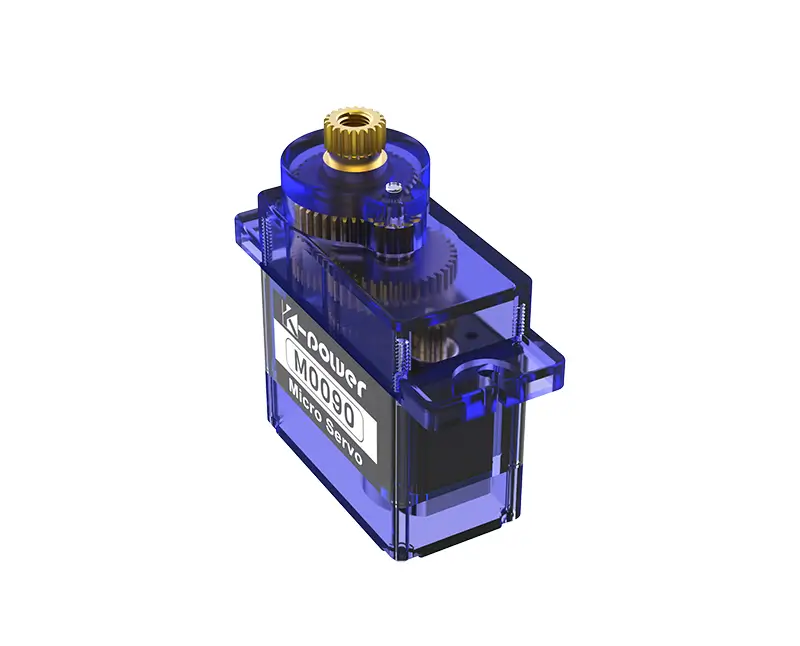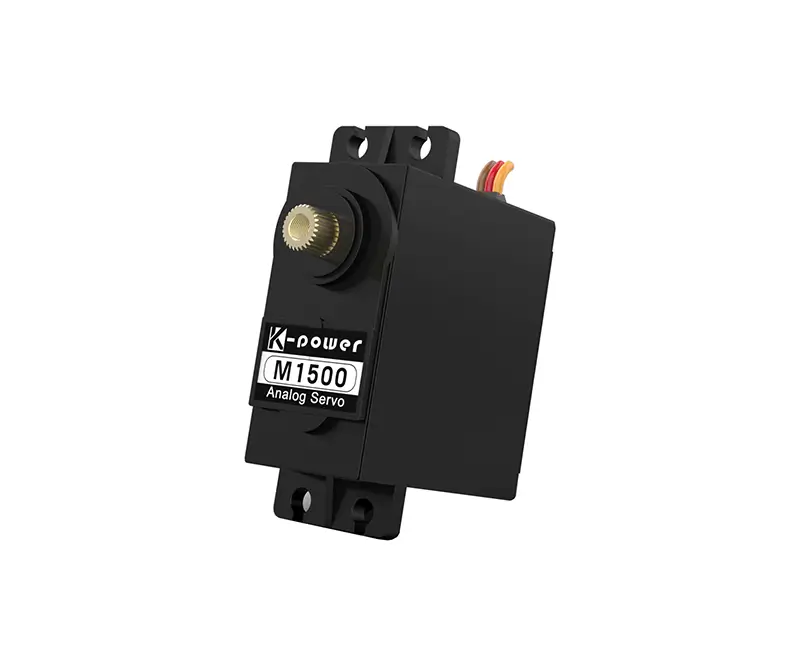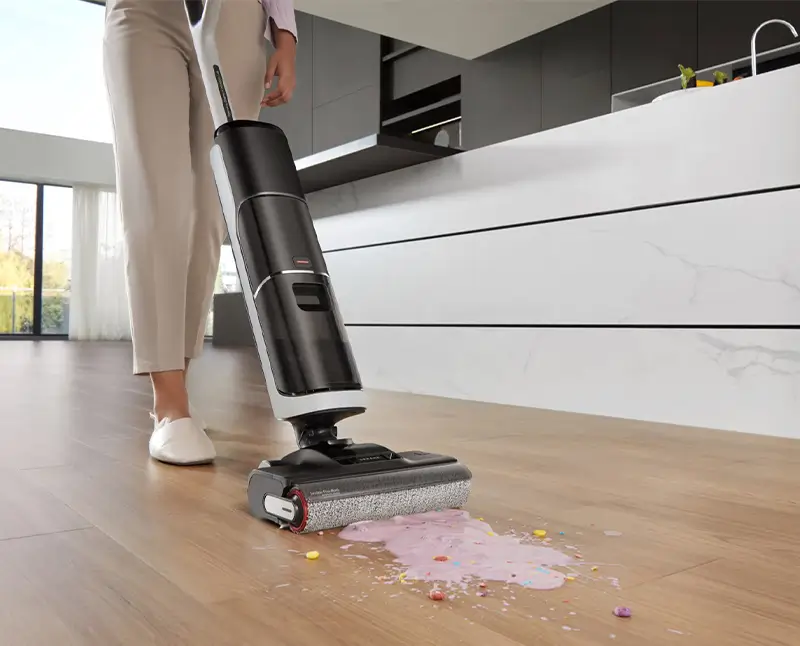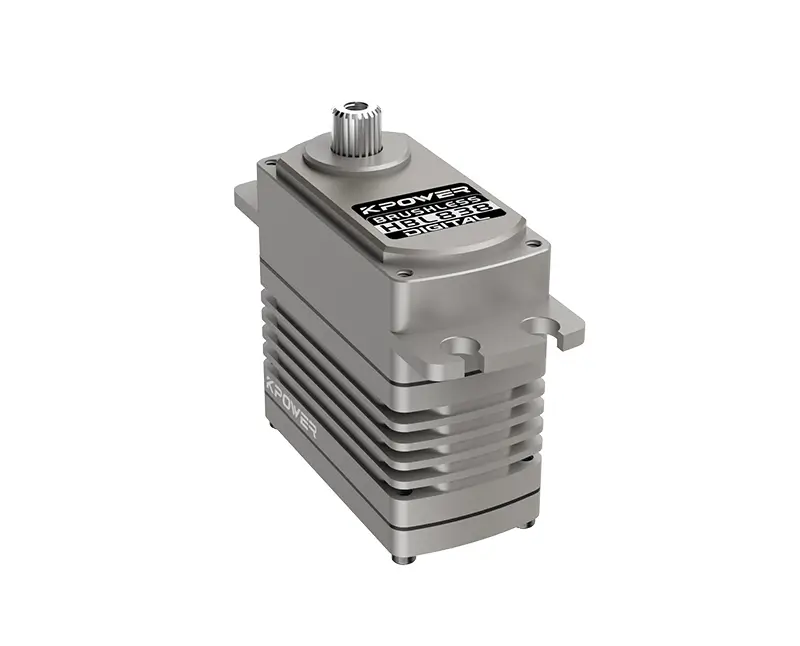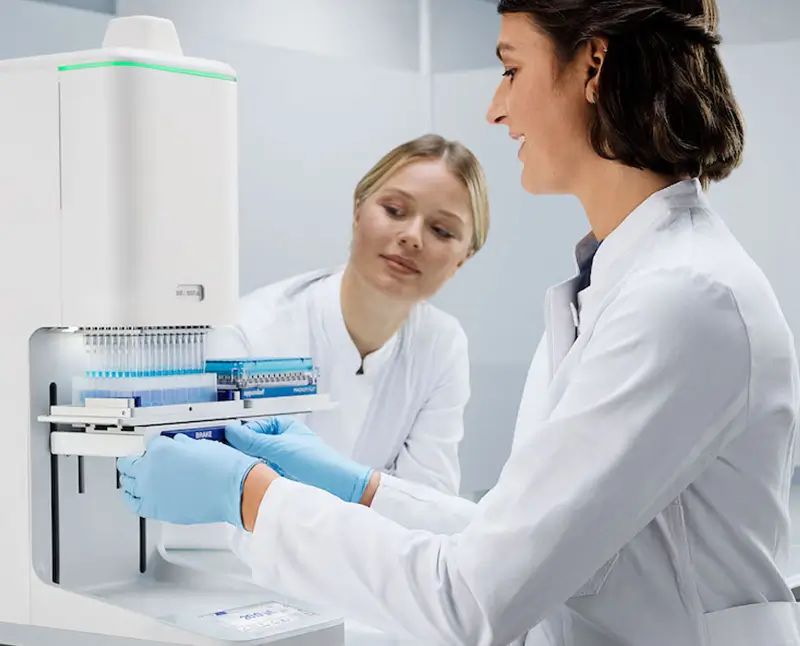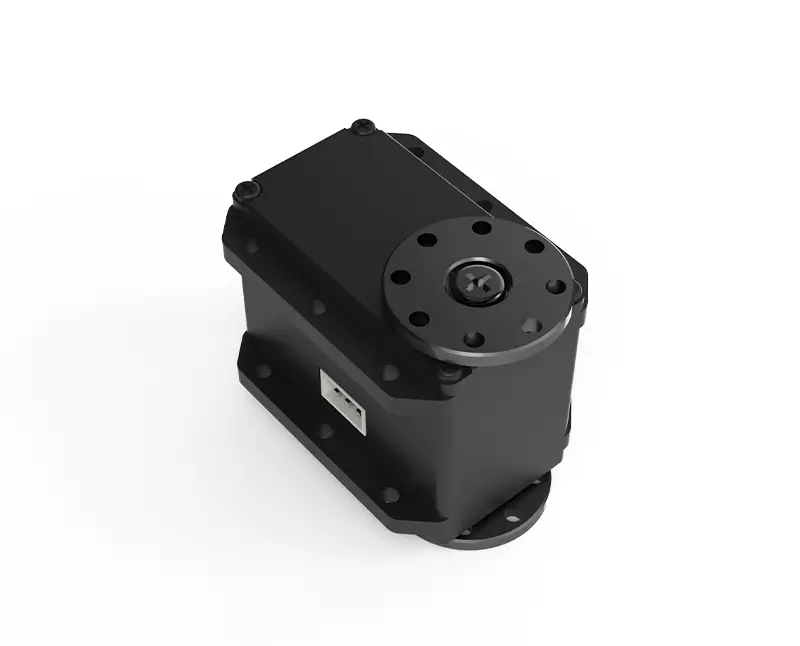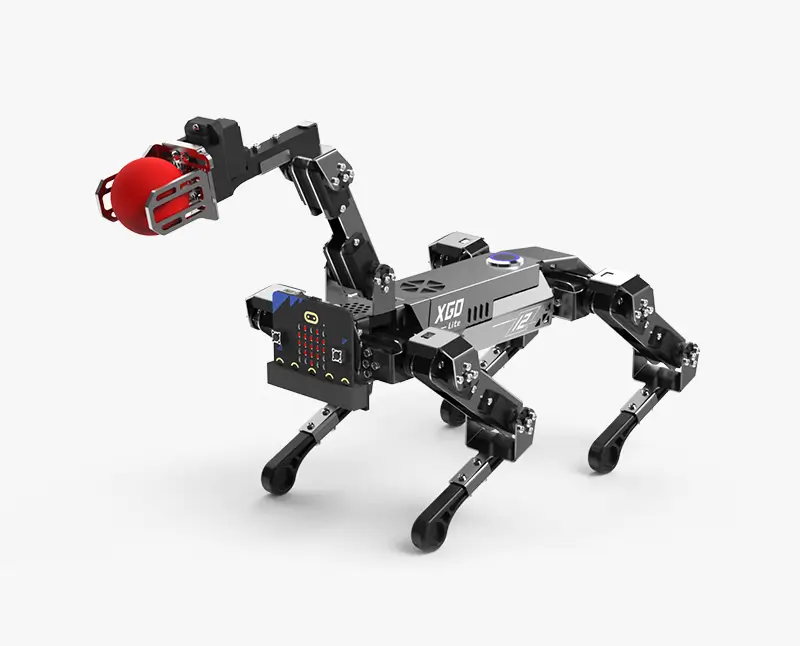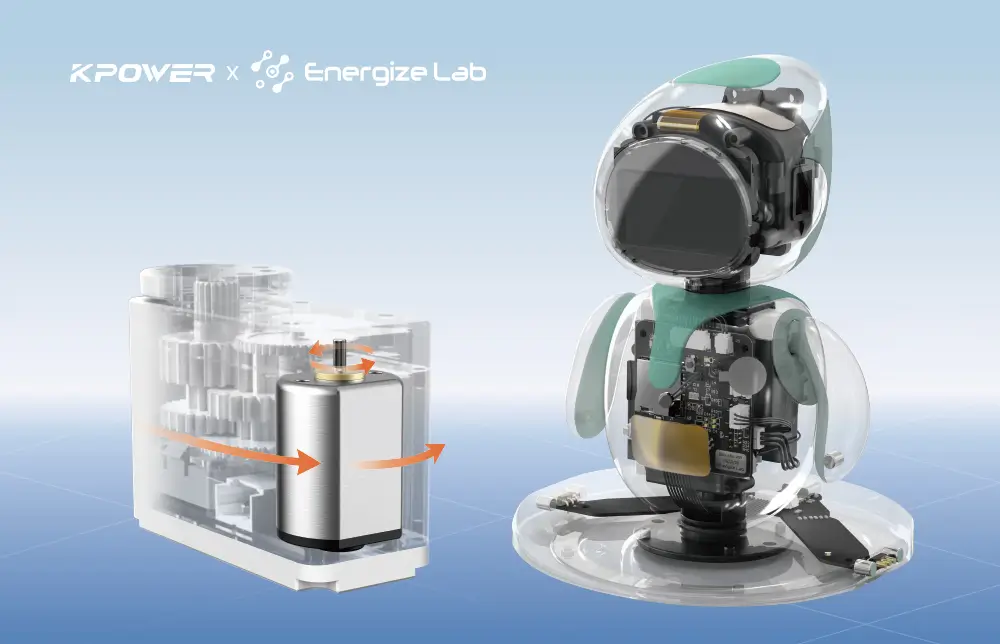The Critical Role of Servo Motor Testing Equipment in Modern Automation
Introduction to Servo Motors and Their Importance Servo motors are the backbone of modern automation, powering everything from robotic arms in manufacturing plants to precision medical devices. These compact yet powerful motors deliver unmatched accuracy, speed, and torque control, making them indispensable in industries where precision is non-negotiable. However, the reliability of servo motors hinges on rigorous testing—a process that ensures they meet stringent performance standards. This is where servo motor testing equipment steps into the spotlight.
.webp)
Why Testing Servo Motors Matters Imagine a robotic assembly line in an automotive factory. A single malfunctioning servo motor could disrupt production, leading to costly downtime or defective products. Similarly, in aerospace or healthcare, a servo motor failure could have catastrophic consequences. Testing equipment acts as a safeguard, identifying flaws in motors before they’re deployed. It validates parameters like torque consistency, rotational speed, thermal stability, and response time, ensuring motors perform flawlessly under real-world conditions.
Key Components of Servo Motor Testing Equipment
Dynamometers: These devices simulate real-world loads to measure a motor’s torque and power output. By applying variable resistance, dynamometers test how well a servo motor maintains performance under stress. Encoders and Feedback Systems: High-resolution encoders track positional accuracy, while feedback systems monitor real-time data to ensure the motor aligns with programmed commands. Environmental Chambers: Servo motors often operate in extreme temperatures or humid conditions. Environmental chambers replicate these scenarios to test durability and thermal management. Data Acquisition Systems (DAQ): Advanced DAQ systems collect and analyze data on voltage, current, vibration, and temperature, providing insights into a motor’s health and efficiency. Vibration and Noise Analyzers: Excessive vibration or noise can indicate misalignment or wear. These tools detect anomalies that might compromise long-term reliability.
The Benefits of Advanced Testing Equipment Investing in state-of-the-art servo motor testing equipment offers tangible advantages:
Improved Precision: Calibration tools ensure motors meet micron-level accuracy, critical for applications like CNC machining or semiconductor manufacturing. Extended Lifespan: Identifying wear-and-tear early allows for proactive maintenance, reducing unexpected failures. Safety Compliance: Testing verifies that motors adhere to international safety standards, such as ISO or IEC certifications. Cost Savings: Preventing defective motors from entering the market minimizes recalls and warranty claims.
Real-World Applications Take the renewable energy sector, for example. Wind turbines rely on servo motors to adjust blade pitch for optimal energy capture. Testing equipment ensures these motors withstand harsh weather while maintaining precision. Similarly, in healthcare, surgical robots depend on servo motors for steady, tremor-free movements. Rigorous testing guarantees these motors won’t falter during critical procedures.
Challenges in Servo Motor Testing Despite its importance, testing isn’t without hurdles. High-speed motors require ultra-responsive testing systems to keep up with rapid acceleration. Additionally, miniaturized motors used in drones or wearable tech demand equally compact testing solutions. Manufacturers must balance accuracy with testing speed to keep pace with production demands.
The Future of Testing: Integration with Industry 4.0 As industries embrace smart manufacturing, servo motor testing equipment is evolving. IoT-enabled testers now offer remote monitoring and predictive analytics, flagging potential issues before they escalate. Machine learning algorithms analyze historical data to optimize testing protocols, reducing human error.
Choosing the Right Servo Motor Testing Equipment and Emerging Trends
Selecting Testing Equipment: A Buyer’s Guide Not all testing systems are created equal. Here’s what to consider when investing in servo motor testing equipment:
Compatibility: Ensure the equipment supports the motor’s voltage, torque range, and communication protocols (e.g., CAN bus, EtherCAT). Scalability: Can the system adapt to future motor designs or higher production volumes? Modular setups offer flexibility. Software Integration: User-friendly software with customizable test profiles streamlines workflows. Look for compatibility with LabVIEW or MATLAB. Accuracy vs. Speed: High-precision systems may trade off testing speed. Define your priorities based on application needs. Support and Training: Opt for vendors offering technical support and training to maximize equipment utilization.
Case Study: Automotive Manufacturing A leading electric vehicle manufacturer faced recurring issues with servo motors in their battery assembly line. Motors were overheating, causing alignment errors. By integrating thermal imaging cameras and DAQ systems into their testing rigs, engineers identified inadequate cooling in specific motor models. Redesigning the housing and retesting with environmental chambers resolved the issue, boosting production efficiency by 30%.
Emerging Technologies in Servo Motor Testing
AI-Powered Predictive Maintenance: AI algorithms analyze vibration patterns and current draw to predict bearing failures or coil degradation. Digital Twins: Virtual replicas of motors allow engineers to simulate performance under countless scenarios without physical testing. High-Frequency Testing: With 5G and IoT, motors in smart factories require testing at higher frequencies to ensure signal integrity. Sustainable Testing Solutions: Energy-efficient testers that recycle kinetic energy from dynamometers are gaining traction, aligning with green manufacturing goals.
Industry-Specific Testing Requirements
Aerospace: Motors must endure extreme G-forces and temperature fluctuations. Testing often involves vacuum chambers and shock tests. Healthcare: Compliance with FDA regulations demands traceable, auditable test data to ensure patient safety. Consumer Electronics: With motors shrinking to fit smartphones and AR/VR headsets, micro-testing systems with nanoscale precision are essential.
The Human Factor: Training and Skill Development Advanced testing equipment is only as effective as the operators using it. Companies are investing in upskilling programs to train engineers in data interpretation and system troubleshooting. Certifications from organizations like the International Society of Automation (ISA) are becoming valuable credentials.
Global Market Trends The servo motor testing market is projected to grow at a CAGR of 6.8% through 2030, driven by automation in Asia-Pacific manufacturing hubs. Key players like Siemens, ABB, and Festo are focusing on wireless testing solutions and cloud-based analytics platforms.
Conclusion: Testing as a alyst for Innovation Servo motor testing equipment isn’t just a quality control tool—it’s a catalyst for innovation. By ensuring motors perform beyond expectations, testing enables breakthroughs in robotics, renewable energy, and beyond. As technology advances, the synergy between servo motors and cutting-edge testers will continue to redefine what’s possible in automation.
This two-part guide underscores the transformative power of servo motor testing equipment, blending technical insights with real-world examples to engage engineers, procurement managers, and industry leaders alike.


































.webp)
